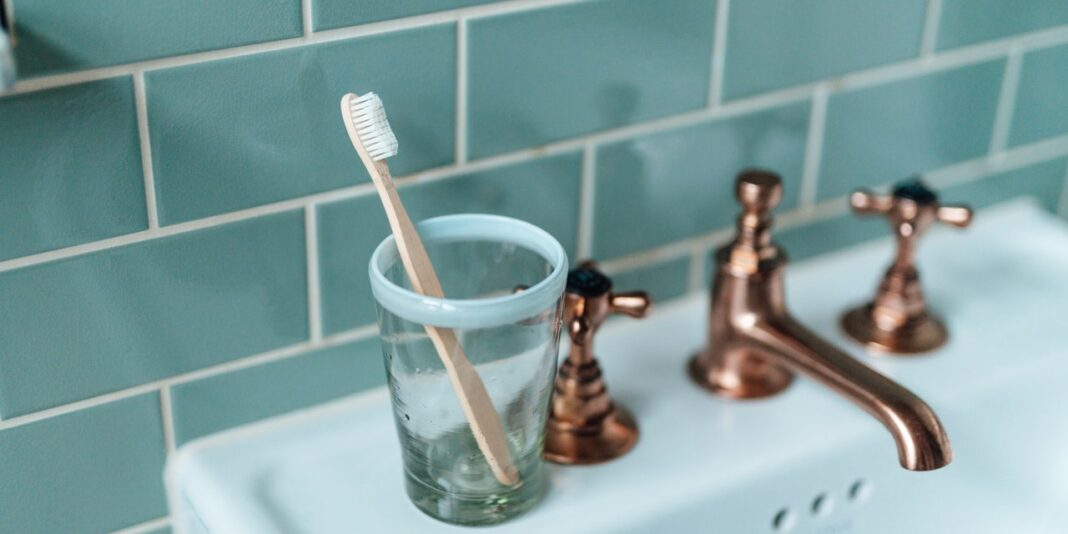Maybe you’re on a romantic weekend getaway and realize too late that you forgot to pack a toothbrush. Or perhaps you’ve grabbed your partner’s by mistake once or twice (or vice versa). If you’re already making out with someone, then how big of a deal can it really be to use their dental tools too?“There are lots of things we want to share with our partners, but a toothbrush shouldn’t be one of them,” Nammy Patel, DDS, owner of Green Dentistry in San Francisco, tells SELF. That’s because there are millions of bacteria, fungi, and other microorganisms inside our mouths. Many of these tiny bugs can be transmitted through smooching, too, but the health risks are even higher when borrowing brushes versus swapping spit, Dr. Patel warns.With kissing, you’re usually only exchanging saliva—which, yes, can still spread things like COVID and cold sores. But sharing a toothbrush can potentially introduce bacteria from your significant other’s mouth into your bloodstream, Peggy Budhu, DDS, a dentist and clinical director at NYU Langone Southwest Brooklyn Detail Practice, tells SELF. The bristles (which help prevent plaque buildup and remove food particles from your teeth) also scrub your gums—“a vulnerable area made of a very thin layer of tissue,” Dr. Budhu says. And brushing too hard (which many of us accidentally do) can break this delicate layer, which, she explains, can allow harmful bacteria to enter your bloodstream directly.More specifically, borrowing any personal hygiene tool (like a razor or toothbrush) can potentially expose you to bloodborne viruses that your partner may have, like hepatitis B or C, per the Centers for Disease Control and Prevention (CDC). Other more common germs to worry about include the bacteria that cause strep throat (Streptococcus), tooth decay (Streptococcus mutans), and gum disease (Porphyromonas gingivalis). (Kissing can transmit these pathogens too, but Dr. Budhu says the risk is generally lower because, during a makeout sesh, it’s not like your tongue is getting into the nooks and crannies of your significant other’s teeth, where those harmful microorganisms may be hiding.)Another factor to consider: If you use your partner’s brush shortly after they do, while it’s still slightly damp, that can increase your chances of getting a bacterial infection, both experts warn. That’s because the microscopic organisms in question thrive in moist environments, research shows. So when the bristles are wet, the bacteria on them can multiply and survive for a longer period of time, Dr. Patel adds.Technically, both dentists say this holds true for your own toothbrush too. However, that’s less of a concern since, for one, you’re probably not re-cleaning your teeth while the bristles are still wet. Also, everyone has a unique oral microbiome with both good and bad bacteria specific to them. So, using your own brush, even while it’s damp, just “reintroduces what’s already in your mouth. It’s not like exposing yourself to somebody else’s foreign germs,” Dr. Patel says.
